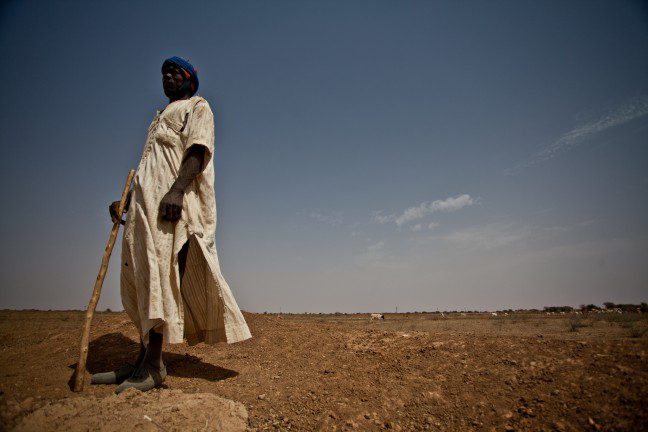Climate change will leave families caught in a vicious spiral of falling incomes, rising food prices, and declining quality of food, leading to a devastating impact on the health of millions.
Last September, the world’s scientists concluded with even greater confidence that climate change is happening and its impacts are set to worsen.
This week, with extreme heat across much of SE Australia, we are once again being reminded of the stresses and dangers of climate change.
Oxfam is gravely concerned about the impact of climate change on hunger and poverty. Back in September, when the Intergovernmental Panel on Climate Change released the initial instalment of its Fifth Assessment Report – the most comprehensive and authoritative assessment of climate science to date – Oxfam put out a briefing paper Growing Disruption: Climate change, food and the fight against hunger.
Growing Disruption offers an up-to-date assessment of the links between climate change and the many causes of hunger. At a time when one in eight people are going hungry and demand for food is rising, climate change will not only reduce production, it will reduce the nutritional value of both crops and livestock, worsen human health and lead to higher prices.
Climate change will mean that many more people will not be able to afford enough to eat and this toxic mix is likely to hit regions that are already more susceptible to food insecurity.
As the evidence of man-made climate change becomes stronger, so too does our understanding of how it hits people, especially around hunger. We’ve long known that climate change will mean lost crops, but increasingly we’re seeing its impacts through higher food prices, lower earnings, more health problems and lower quality food.
Resolving the climate crisis will require action from everyone – governments, corporations, NGOs and each of us as active citizens.
Take the GROW Pledge to receive updates about the GROW campaign for Food Justice

